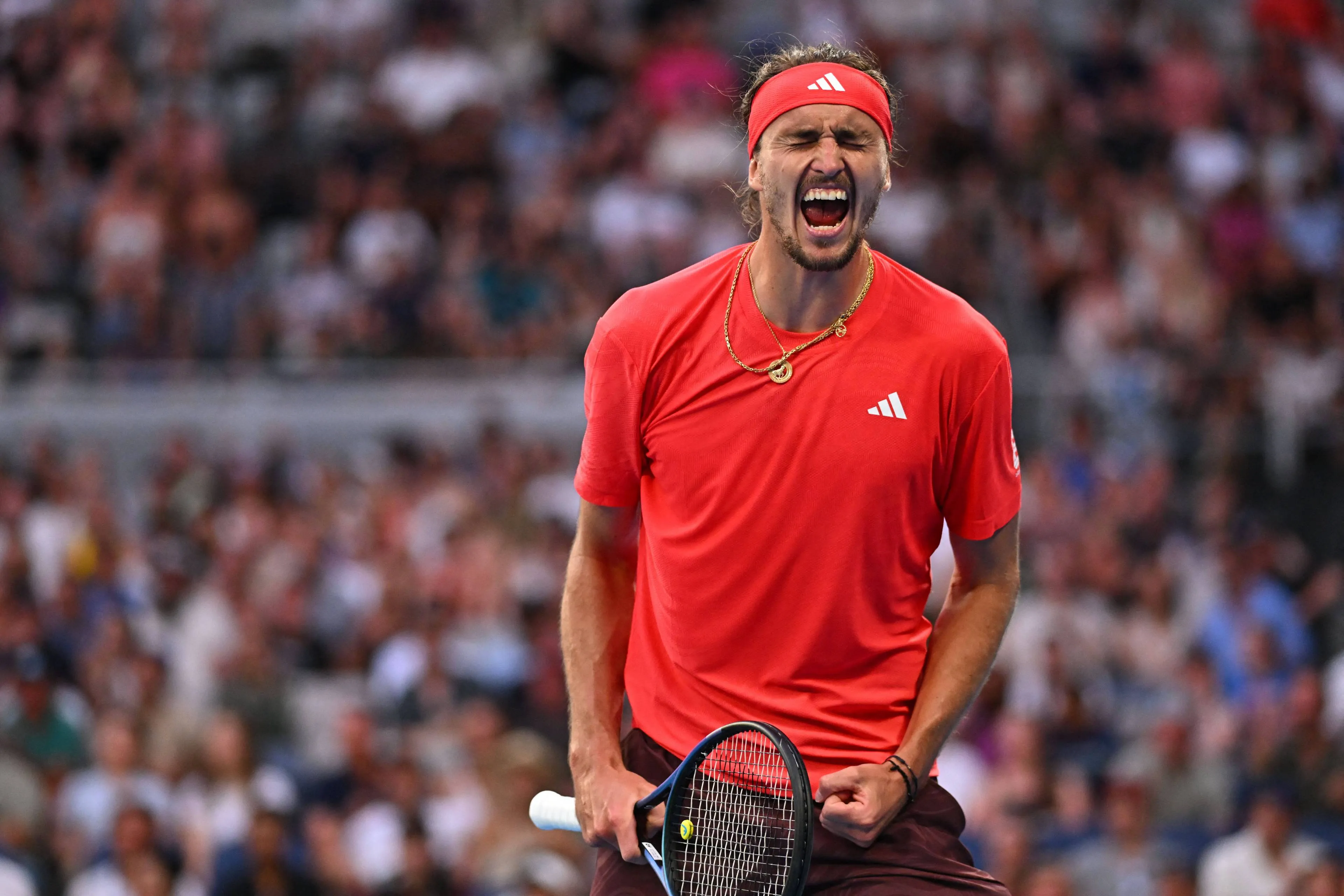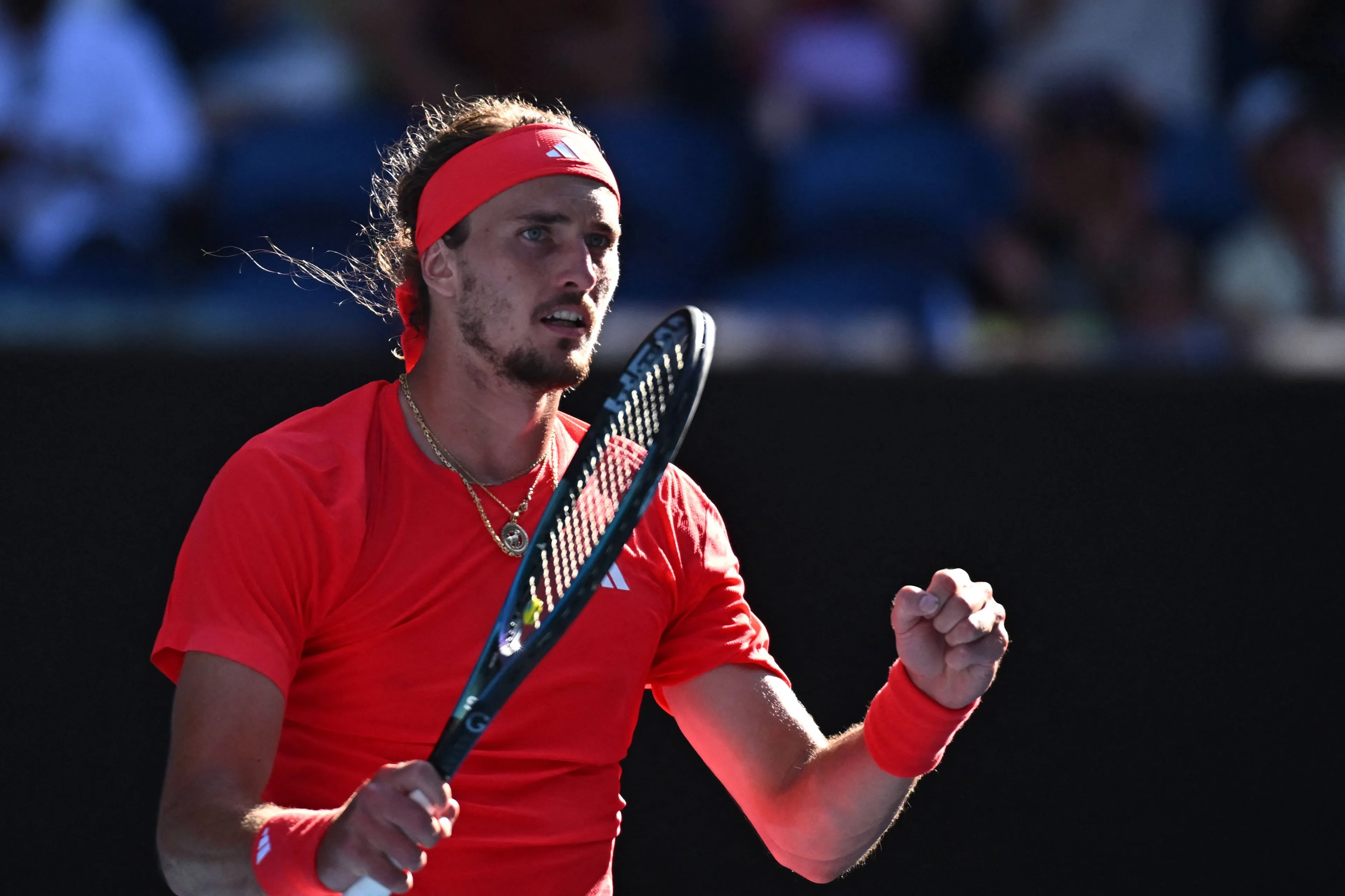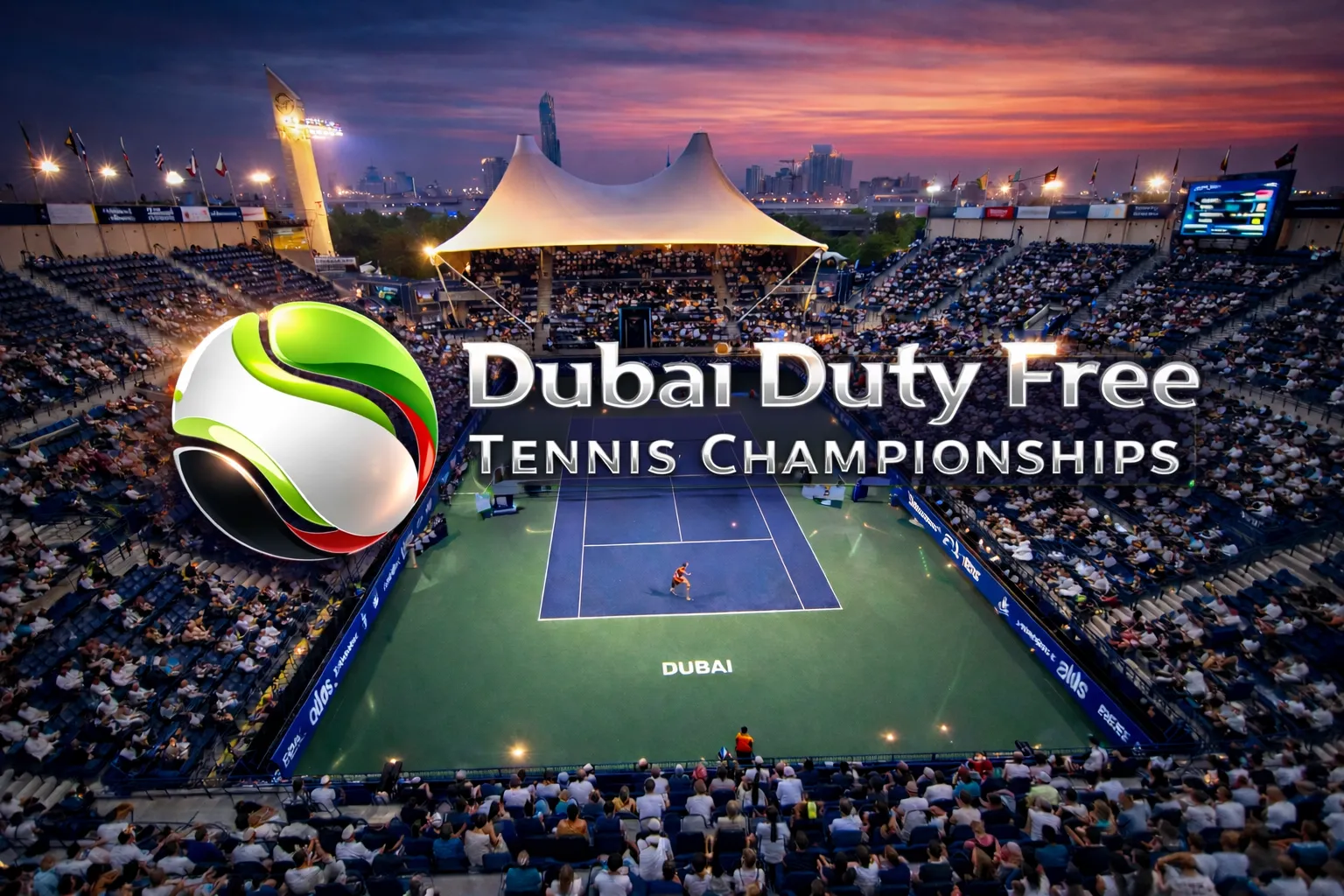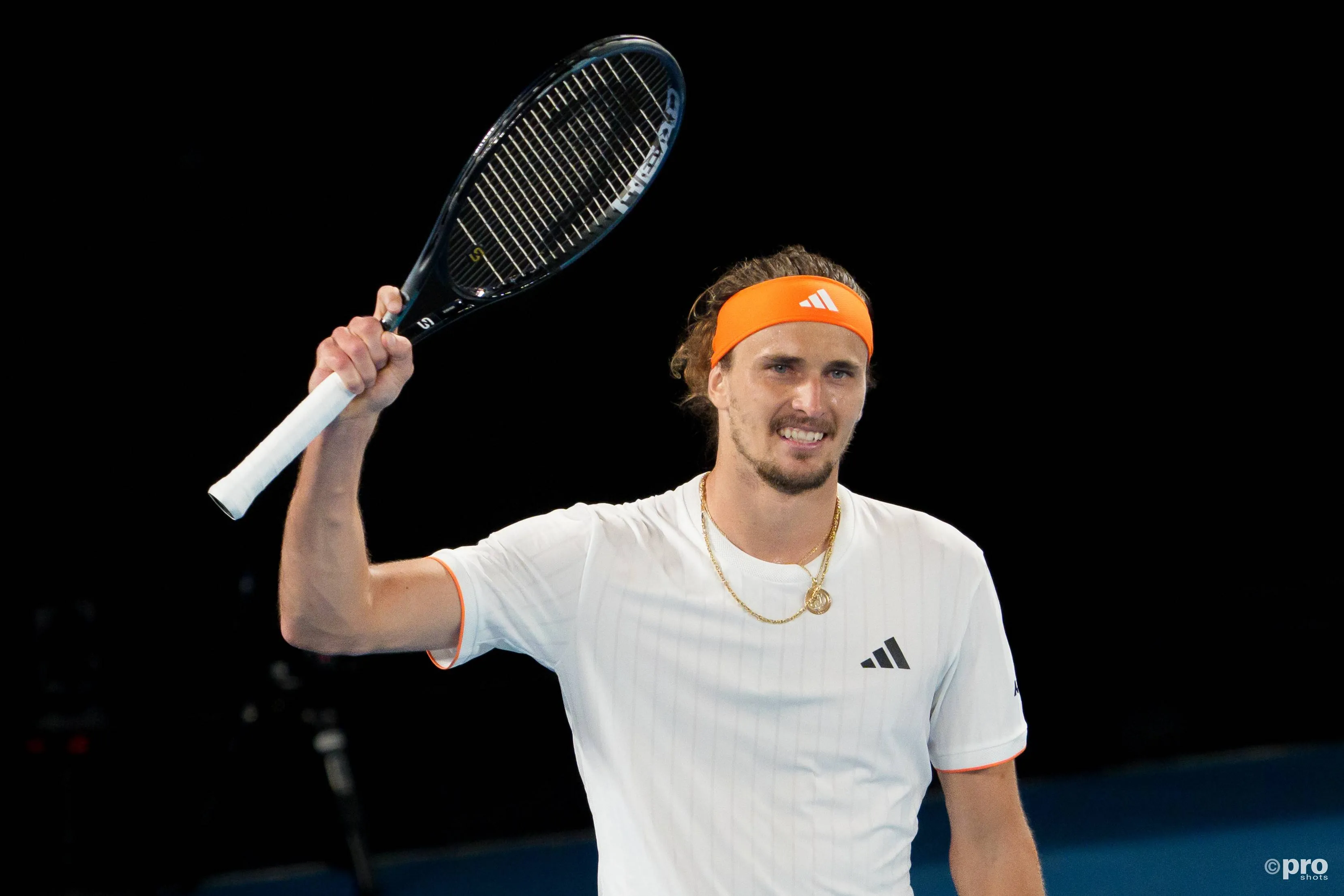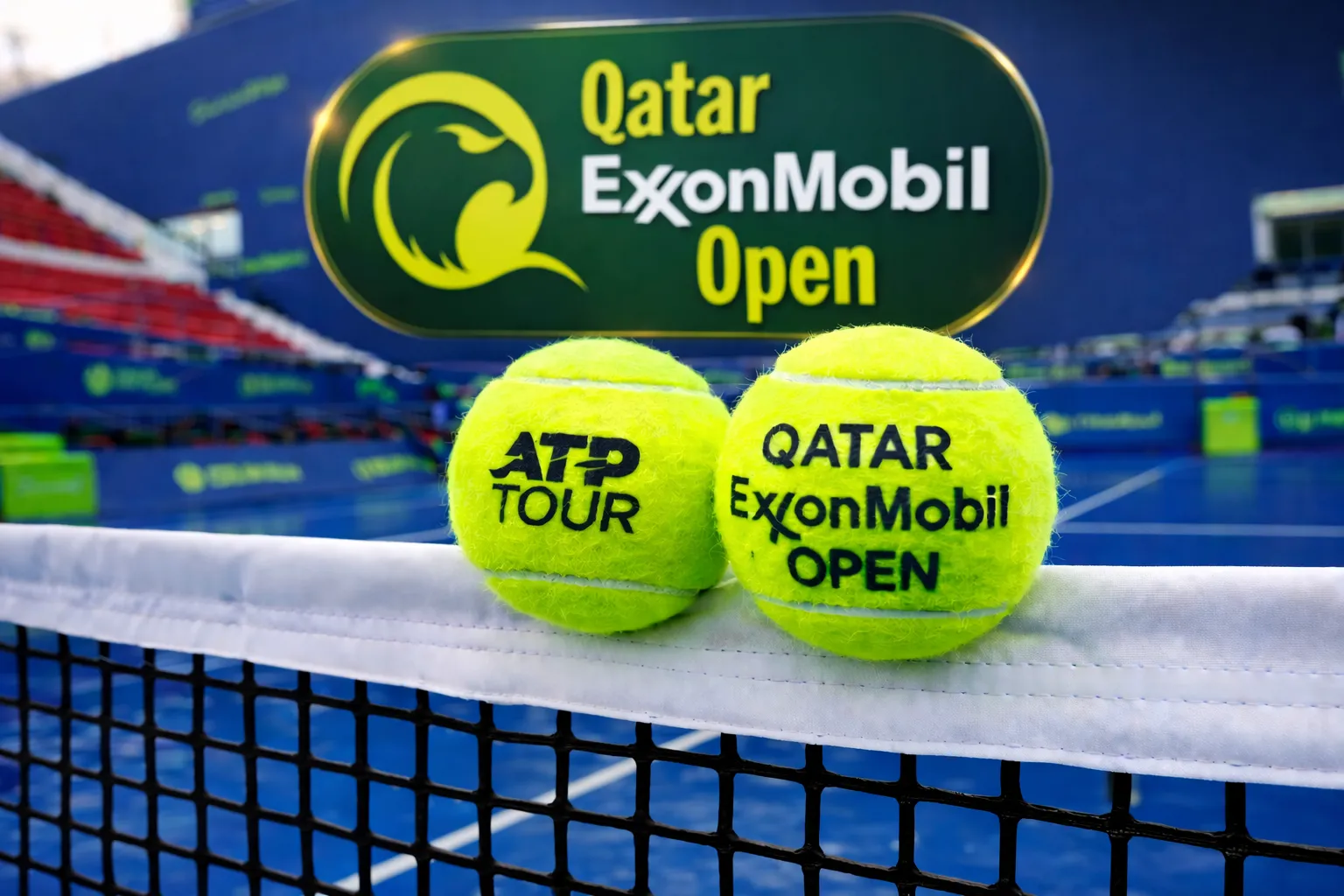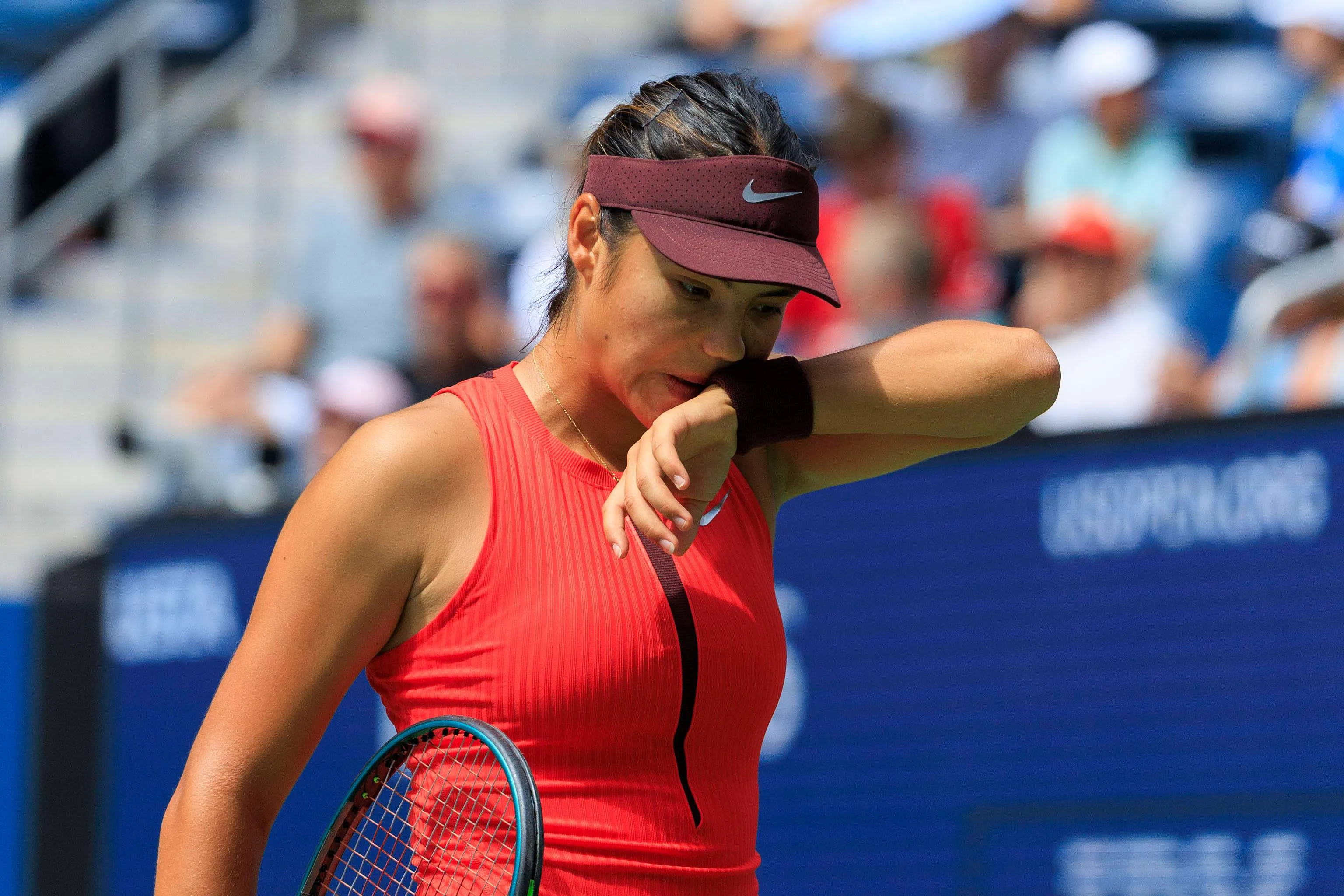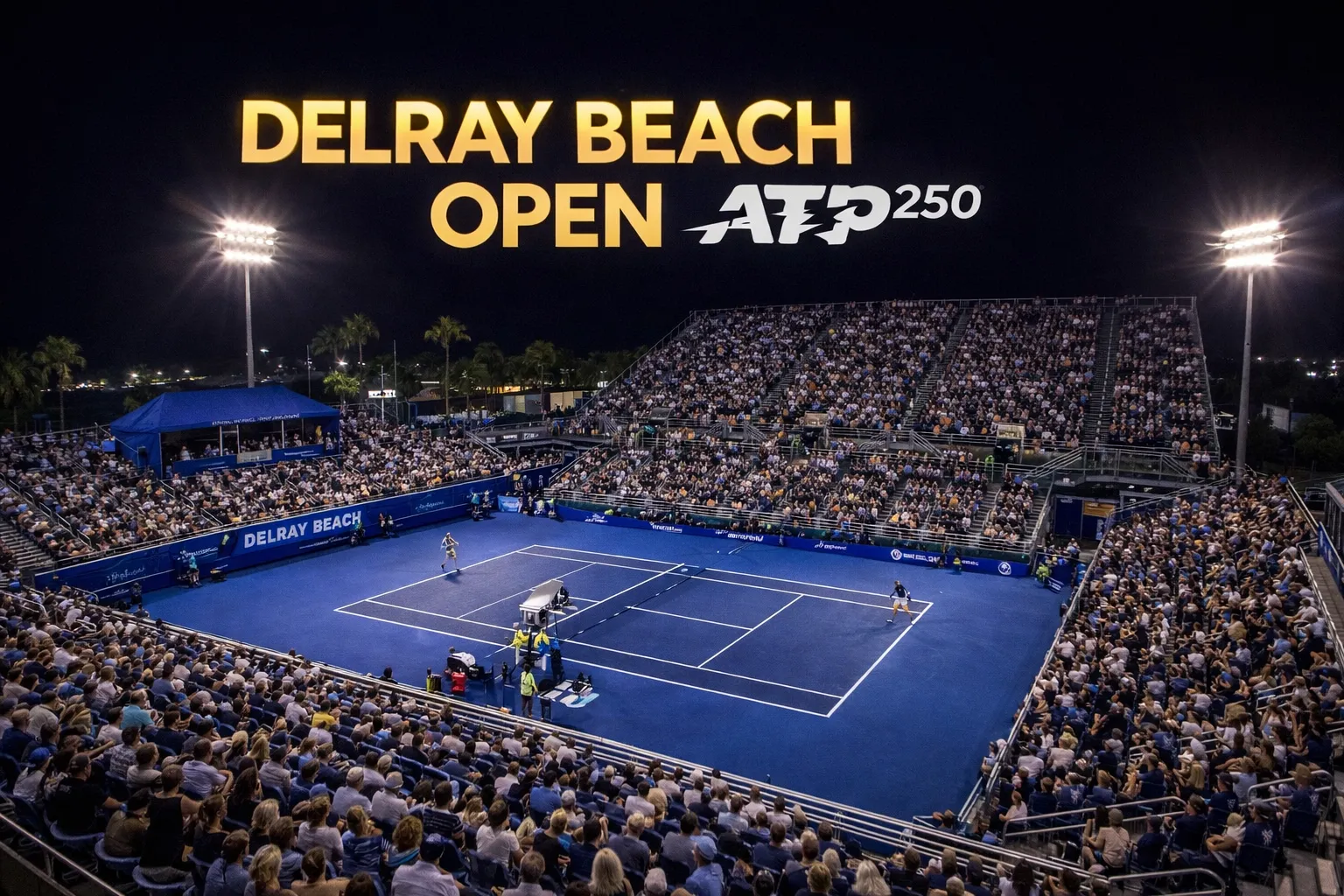"Very difficult for him to leave the court": Alexander Zverev’s father explains reason behind son's impressive performances
ATPThursday, 13 February 2025 at 13:30

Alexander Zverev’s father has revealed the reason behind
some consistent performances in the recent past. The 27-year-old is often
regarded as one of the best players currently playing in men’s tennis in the
singles category, along with the likes of Italy’s Jannik Sinner and Spain’s
Carlos Alcaraz.
Even though Zverev has not been able to win a Grand Slam in
his career, he has been one of the most consistent performers in the mega-event,
especially since the start of last year. Out of the last five events, he has
played in the semifinal or beyond on three occasions. The most recent of these
deep runs came in Melbourne this year, where he had a rough day and came second
best against the reigning world number one in straight sets with a score of
6-3, 7-6, 6-3.
Read also
It was the third time he ended up on the losing side in the final of a major competition. In 2020, he finished as the runner-up at the US
Open after losing to Dominic Thiem in a five-set thriller with a score of 2–6,
4–6, 6–4, 6–3, 7–6. Four years later, in 2024, Zverev once again lost in the
final of a Grand Slam, this time to Spain’s Carlos Alcaraz, who lifted the
French Open after winning an epic five-set encounter with a score of 6–3, 2–6,
5–7, 6–1, 6–2. Zverev’s father has been recently quoted in a report by The Tennis
Gazette where he explained the reason behind his son’s consistent performances in
the recent past. He also revealed that, at times, his son has to ask authorities to let him train longer.
Read also
“He always wanted to play very well [until] the last point,
the last shot, and sometimes it lasted for 20-30 minutes. Sascha’s relationship
with training when he was very young was that it was very difficult for him to
leave the court, he just started crying that he also wants to play more, ‘I
still want to train’. Even now, already one of the leading players in the
world, he sometimes ends a night session at half past eleven or midnight and
asks the tournament organisers to let him play after the match for another
30-40 minutes. If specifically about training with Mischa and Sascha, I’ve
always been with them and it is very easy to train them. If they go out on the
court, they do everything 100 per cent, to the best of their abilities. The key
to success not only in sports but also in any other profession is good and
honest work. If he goes out on the court, it doesn’t matter on the court or in
the gym, he always does everything 100 per cent. I think this is the main key
to success and thanks to this he is now standing where he is.”
claps 0visitors 0
Just In
Popular News
Latest Comments
- The poor Head Sportswasher has been whining and crying in the media, and basically threatening Saba, Iga, etc. Must be a real Ego Buster when they dangle money and people (especially Women) say, 'No thanks'.
- "Losing-itis" is not uncommon in Emma's small world. Just keeps begging the question, 'What are sponsors paying for? Limited tennis appearances... or Social Selfie Media presence?'
- Dubai can suck it up like everyone else. Just because they think they run the show, they do not. Sportswashing does not give them Power.
- You're losing your mind here.. You use a lot of space, yet inadequate knowledge. Read the WTA Rule Book 2026; it answers all your questions and accusations.
- Why single out Iga and Aryna to punish?, Since when do players get punish because they withdraw from tournaments? Maybe if they both were treated like number one and two players, they would not have this problem. The WTA discriminates against them because of their nationalities, yet they want to make money off them. Every tournament, Iga has harder draws than qualifiers from the beginning to the end. In the Australian Open they stuck Aryna out in the sun the majority of her matches in order to tire her out. She is the number one player in the world and she never got the opportunity to play with the roof closed. If they want these top players to continue playing and making money for them, then they should treat them as such. Otherwise, get the players who they are always giving out cupcake draws to like Pegula to play their tournaments. Lets see how many seats in the audience she will fill. Iga has more fans in the seats than any player in the WTA, yet she is always disrespected and mistreated because of her nationality. The WTA is a corrupt, bias and racist organization. No matter what job someone is on, you cannot tell them that they are not sick or injured.
- LOL. Billie Jean King hates being a woman.
- Pulling out a tournament is not illegal. Therefore, that is no problem. Maybe they need more rest.
- It is simple. If you do not want cameras following you, get away from tennis and go find another job. Cameras and interviews are a part of the job. They do not mind cameras when they are winning. If the women tennis players would put the same amount energy to playing tennis as they do with complaints, women tennis would be exciting to watch.
- Yeah, that's what I would do... be nice and lose a match
- Turns out Swiatek is as big a cheater as Draper (remember vs FAA?)when she didn’t admit to hitting a double bounce drop shot. The blind chair ump didn't even see it on the replay but fortunately got the correct call from someone on the phone (supervisor?) we all saw it…..it wasn’t even a close call. Great win Sakkari !!
Loading
